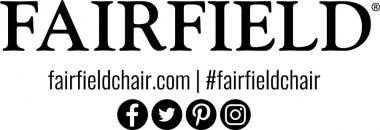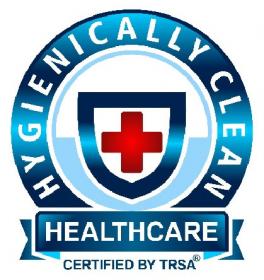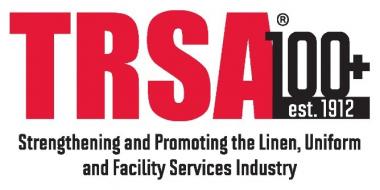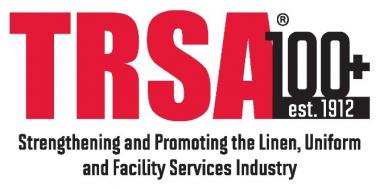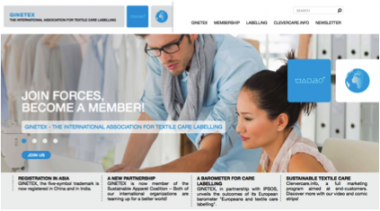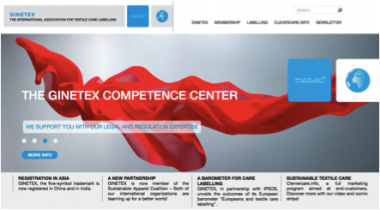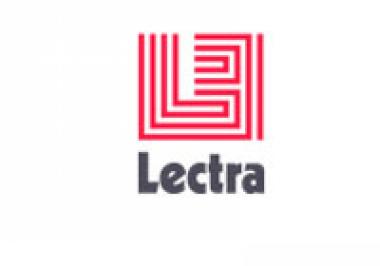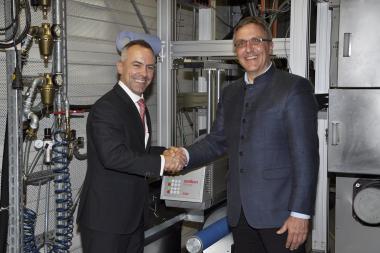NCTO Statement on Administration’s 90-Day Tariff Deferral
The National Council of Textile Organizations (NCTO), representing the full spectrum of U.S. textiles from fiber through finished products, issued a statement from NCTO President and CEO Kim Glas today, voicing concern over the administration’s executive order instituting a non-reciprocal 90-day deferral on certain tariffs.
The temporary postponement of duties does not apply to products with antidumping or countervailing duties or those products subject to penalty duties under Section 232, 201 and 301.
“At a time when domestic textile producers and its workforce have mobilized to transform their production lines to manufacture the personal protective equipment (PPE) supplies for frontline healthcare and medical workers fighting the COVID-19 pandemic, the administration’s decision to defer duties for 90 days on the vast majority of products imported into the United States is counterproductive.
This move contradicts the administration’s top stated priority of rebuilding American manufacturing and buying American and could have severe negative implications for the entire U.S. textile industry, whose companies and workforce already are facing enormous economic hardship.
We support the need to temporarily eliminate barriers to the entry of emergency medical supplies and certain PPE inputs tied directly to the COVID-19 response. But make no mistake, the key drivers behind efforts to defer tariffs have nothing to do with facilitating access to PPE products or stopping the spread of COVID-19.
Our industry is being asked to do extraordinary things. We are heeding that call, but we need help to ensure the supply chains we are creating overnight don’t evaporate tomorrow. We need strong procurement policies and additional funding for our industries to ramp up and retool – not further measures that incentivize offshore production. We need to maximize the U.S. domestic production chain right now to every extent possible in helping fight COVID-19 and make the products American frontline workers desperately need.
We need to provide immediate and substantial relief to our manufacturing sector and their workforce who are suffering enormously right now. It’s critical that we have a long-term U.S. government plan to ensure that we aren’t relying on offshore producers to make medically necessary, live-saving PPE. We shouldn’t be providing handouts to reward the very companies that helped offshore these industries so many years ago.
Tariffs are one of the few mechanisms in place to help partially address the challenges U.S. manufacturers face in competing with imports from countries with exceptionally low wages, poor working conditions, and minimal environmental and safety standards.”, states the NCTO.
NCTO





